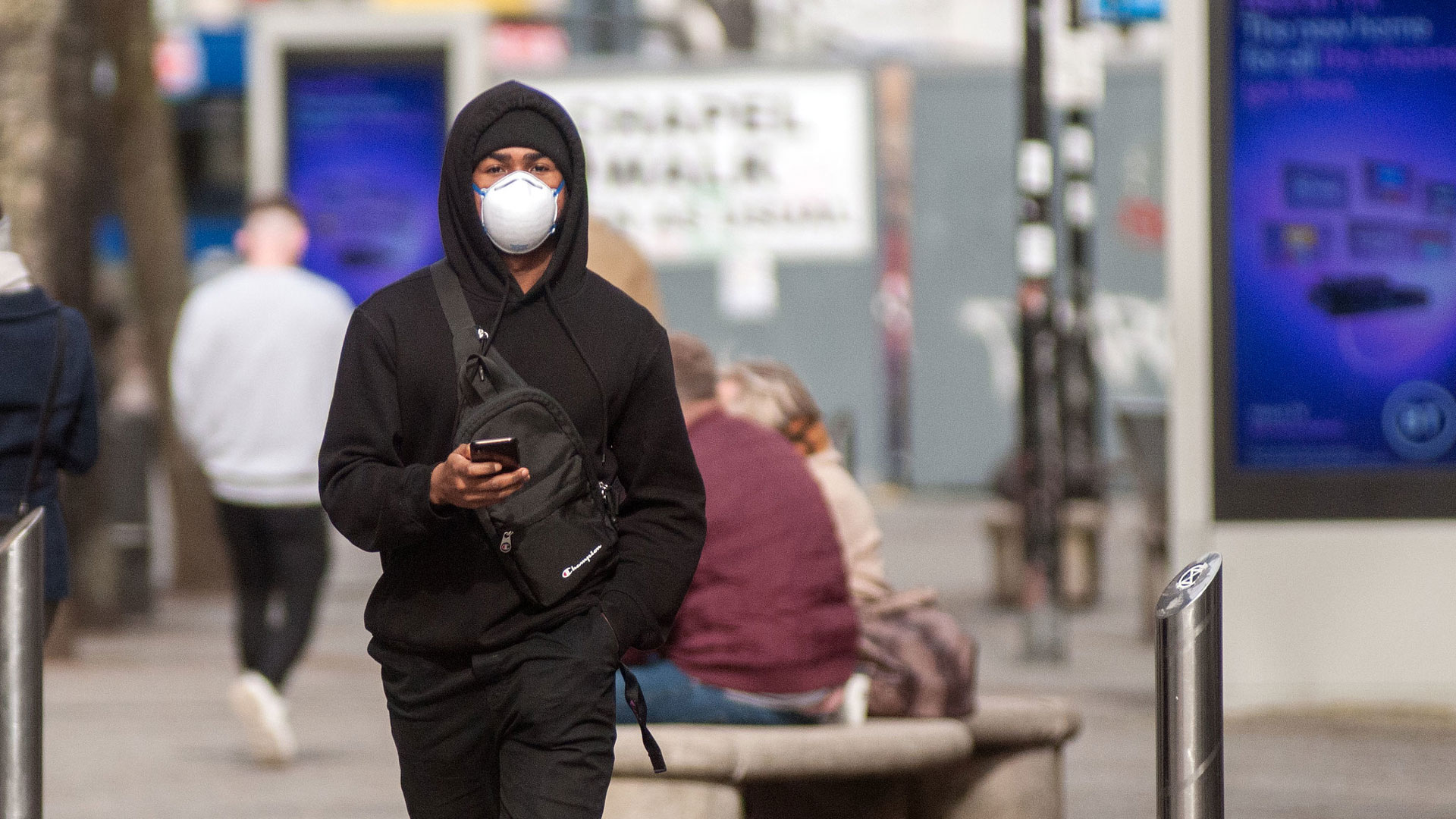This week has been one of national reflection. One year on from the first lockdown, we have been on a challenging journey since then. Our way of life has been upended, and while we can look forward to lockdown measures easing over the coming weeks and months, the pandemic continues to have an unequal impact on our society.

Since October last year, it has been my privilege to serve as the Chair of the Health Foundation’s Covid-19 impact inquiry, which is exploring the pandemic’s implications for health and health inequalities across the UK. We’ve been examining a range of evidence and hearing from people across the nation to understand how their experiences have been shaped by factors such as the jobs they do, homes they live in, existing health conditions, their age, gender and ethnicity.
Beyond the direct impact of Covid-19 on health, we’ve seen profound negative impacts of the pandemic on certain groups such as young people, women, key workers and ethnic minorities, with evidence that the lockdown measures have severely impacted the building blocks of good health, from education and work to mental health and housing.
Support The Big Issue and our vendors bysigning up for a subscription
In the labour market for example, with young people more likely to work in the hardest hit sectors of hospitality and retail, 1 in 3 people aged 18 to 24 have been furloughed or let go from their jobs, twice the rate of working-age adults overall. This has implications for health both now and in the long term, with a loss of work or income leading to poorer health including increased stress and anxiety. In fact, Young Minds found that 67 per cent of young people believe that the pandemic will have a long-term negative effect on their mental health.
Women have been impacted economically too. The Institute of Fiscal Studies reported that school closures, job losses and furlough have all had an unequal impact on mothers, who have typically been the ones to reduce their working hours to look after their children, or left their jobs all together due to childcare issues and the challenges of home schooling. Meanwhile, research has also shown that people from black and minority ethnic communities are more likely to be key workers, making them more likely to be exposed to the virus.









